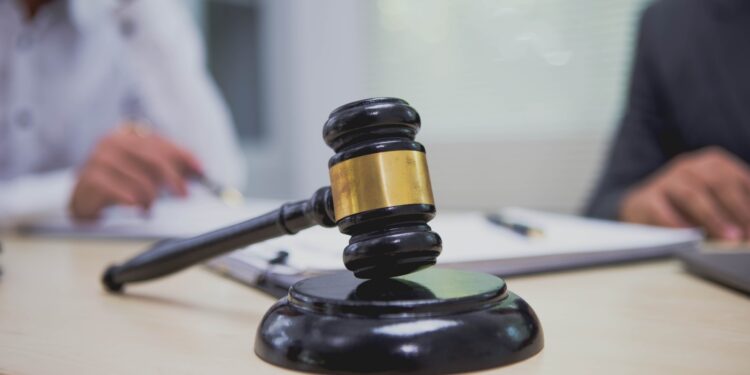Apple isn't just known for iPhones, Macs, and the App Store ecosystem. The company is also regularly at the center of legal disputes. A recent report in the Wall Street Journal focuses not on a single product or business model, but on a much more fundamental problem: how Apple and other major tech companies like Amazon and Google, through their lawyers, deliberately operate on the fringes of legality—and sometimes even beyond.
According to the WSJ , lawyers at these companies not only encourage their clients to exploit gray areas, but in some cases even actively advise them to cross legal boundaries. This isn't just bad advice, but a deliberate strategy to abuse legal privileges like attorney-client privilege. The result is a growing perception that different rules apply to companies like Apple—or at least that they act as if they do.
The Epic Games vs. Apple case: starting point for the criticism
A concrete example is the lawsuit between Apple and Epic Games. Epic sued Apple for its tight control over the App Store. Although Apple largely emerged victorious from the case, the company lost on one crucial point: Apple was required to allow alternative payment methods in apps. However, Apple refused to implement this part of the ruling, at least not in the way the judge intended. The company announced that it would allow other payment methods but would continue to charge a similar commission as before. Apple stated that this was not for financial reasons. The judge presiding over the case, however, openly doubted this account and requested internal documents to understand the decision.
Judges doubt Apple's credibility
Apple failed to submit these documents on time, citing technical issues. A second judge subsequently also expressed suspicion that Apple was lying. The original judge went even further, accusing a high-ranking Apple executive of lying under oath . A criminal investigation was subsequently launched.
Abuse of attorney-client privilege
The WSJ report is particularly critical of Apple's handling of the so-called attorney-client privilege. This privilege protects confidential communications between lawyers and their clients. However, internal conversations between Apple employees are not covered. Nevertheless, Apple initially declared thousands of documents privileged and refused to release them. Only after the court demanded more detailed evidence did Apple admit that many of these documents were not covered by the privilege.
The role of lawyers
The WSJ suspects that this strategy came directly from Apple's lawyers. They allegedly advised Apple to withhold as many documents as possible – in the hope that the court would not examine them in detail. This accusation is not directed solely at Apple. Google and Amazon are said to have acted similarly in other cases. According to University of Miami law professor John Newman, a former FTC deputy director, it is actually the job of lawyers to say a clear "no" when something is legally questionable. But that is precisely what is not happening. Instead, they are helping companies like Apple circumvent legal rules.
Financial incentives as a fundamental problem
An antitrust expert quoted in the WSJ sees the cause in the financial interests of lawyers. They earn a lot of money from their clients and therefore have a strong vested interest in implementing their wishes – even if that means treading on legally thin ice. Because the consequences for such transgressions are often minor, the risk is calculable. Lawyer Megan Gray, who previously worked for the FTC and DuckDuckGo, also speaks of a "rich privilege." In her view, some lawyers deliberately cross legal boundaries because they feel protected by their position. The prospect of significant penalties is slim, especially for corporations with enormous resources.
Between power and morality: Apple's balancing act
The criticism of Apple's conduct in the Epic case and the accusation of abusing legal protections raises questions. It's not just about whether Apple violated individual rules. It's about the company's fundamental attitude toward courts, laws, and the public. If Apple tries to hide unpleasant truths behind the cloak of attorney-client privilege and gets away with it, it sends a clear message: Big tech companies are held to different standards. And if lawyers don't slow things down, but actively accelerate them, it becomes a real problem. The solution would be simple, if Apple was indeed poorly advised: better lawyers. Those who see the law not as an obstacle, but as a foundation for sustainable action. Because ultimately, no company is untouchable – not even Apple. (Image: Shutterstock / SORASIT SRIKHAM-ON)
- Apple and the AI transformation: What role does Giannandrea play?
- Apple relies on Alibaba for AI in China – US is concerned
- Apple dominates the Kantar brand ranking again in 2025





